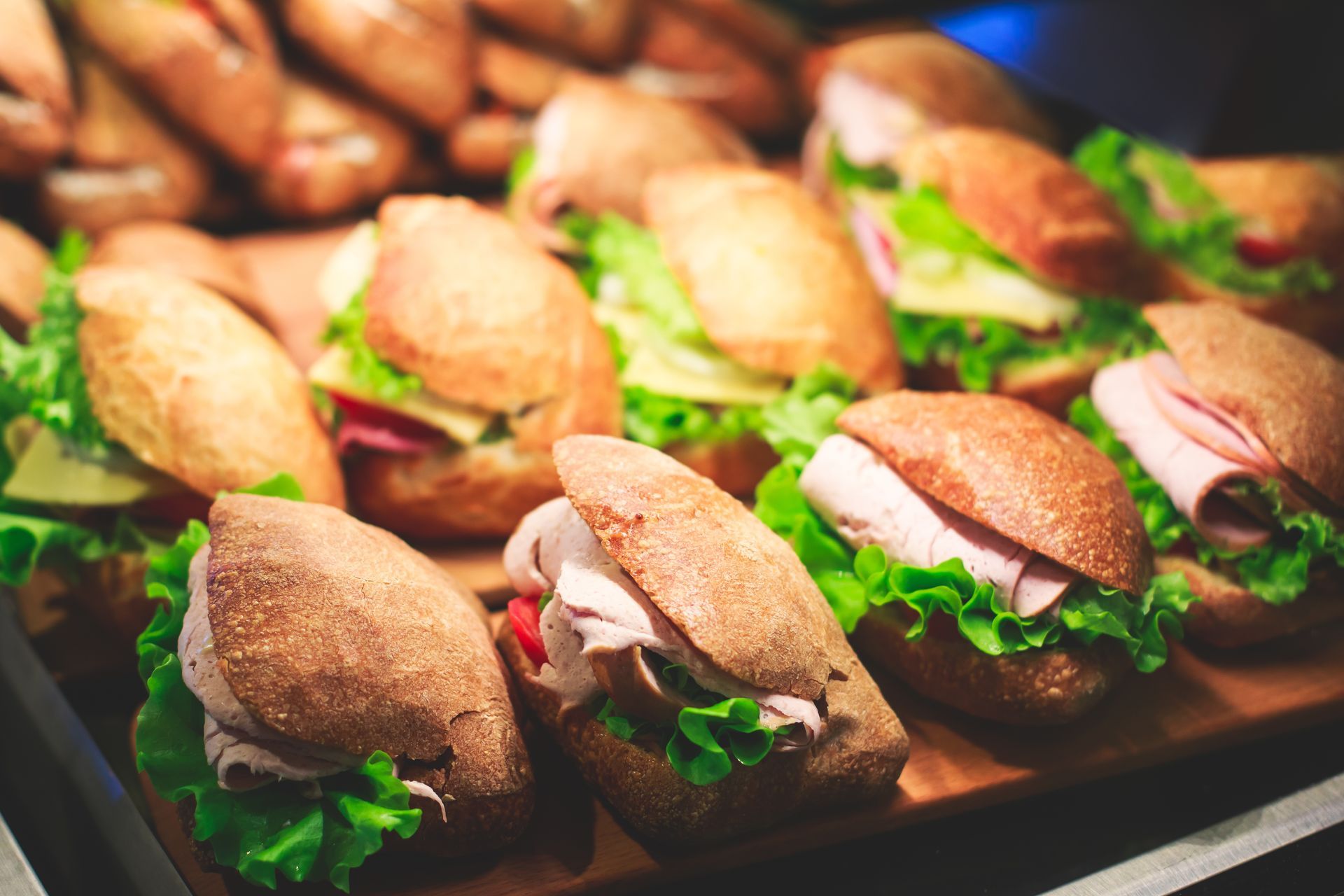Food and Feelings: the effects of comfort foods during stress
“When I think of comfort food, grandma’s house immediately comes to mind. My childhood never missed a good, hearty, feel-good meal when we would visit. From a stack of homemade buttermilk pancakes to unforgettable chicken and dumplings, fried chicken that was even better the next day, or an extra-peppery pot roast… just how grandpa liked it. I have a lot of incredible memories of my grandparents, and the foods, smells and feelings that surrounded it all. But the truth is that when grandpa got sick, and the days following his death, I don’t remember a single thing I ate.” – J.B
It’s no wonder that food is tied to so many of our emotions – the brain is the central hub to all of our senses, taste and smell included. When we experience the stress of losing a loved one, our physiological needs change. Our brains are under attack, and so is our appetite.
Understanding our physiological needs during stress
Adrenaline is the body’s first response.
Emotional stress can begin immediately after bereavement and can leave you feeling anxious, tired, or even give you flu-like symptoms, like muscle and bellyaches. It can feel like someone punched you in the stomach, took all of your oxygen away, and there is nothing you can do about it.
The immediate and intense stress can send the body into fight-or-flight mode, using adrenaline as your body’s method of protecting itself from a perceived threat, and shutting down your appetite for a period of time. Digestion literally slows down.
“During times of stress our body’s nervous system will go from a parasympathetic state of ‘rest and digest’ to a sympathetic state where our digestion literally slows down.” – Dawn M. Integrative Nutrition Specialist
The job of the adrenaline is to speed up the heart rate, blood circulation, breathing, and give you more energy. But this is only the body’s first reaction to shock.
Cortisol solves for appetite loss.
After the initial shock, there will be ongoing stress and anxiety to deal with. As a response to the adrenaline, your body sends out the hormone cortisol to level out your heart rate and help your body get what it needs to continue to survive. That means it’s going to crave and store fat. This is where some people under stress start to gain pounds.
But eating won’t look quite normal again for a while.
When we eat, we can generally differentiate between flavors – sweet, sour, bitter, salty and savory. We can even sense the presence of fat. But it isn’t the food or the taste buds that are responsible for all of the flavors; our sense of taste is created in our brains, just like the sense of smell and touch. And when our brain is under emotional attack from the shock of losing someone important to our lives, then our taste buds are under attack, too.
In other words, as cortisol is released and as our bodies go through hormonal changes, our taste buds become a target.
It is for that reason that they say grief begins in the mouth. It really begins in the brain, but the mouth is the first place that grief and flavor collide. So, while food can be one of the most passionate experiences in life, when affected by sadness or shock, the intensity of the experience can be completely diminished. And our taste buds are rendered useless.
Well, not totally useless. Only for the sour, bitter, salty, savory… leaving the two main comfort cousins of food: sugar and fat.
Welcoming the comfort cravings can give
Remember that the human body uses hormones to protect itself. So, our cravings for sugar and fat are a natural response to keep us alive. While this may not be a healthy long-term solution for stress, fat- and sugar-filled foods are proven to subdue our stress-related emotions (according to Harvard).
Some of the most common foods found at funeral receptions include fried chicken, salty ham biscuits and gooey sheet cakes with frosting. In truth, it’s ok to indulge, enjoy, and focus on your healing. This stage of grief is not the time to count calories, worry about the fat, or avoid carbs and sugar. Amazingly, these stress-induced cravings may temporarily help reduce stress. And comfort foods will most definitely help give you some enjoyment and relief.
“It’s okay to indulge a little. This is not the time to count calories and avoid carbs. Comfort foods will definitely help give you some enjoyment. But in the months following you will want to practice self-care, which will include healthy eating, as a way to manage the stress as you walk through the various stages of grief.” – Dawn M.
Providing comfort food to the grieving
The grieving may not remember what they ate, but they will remember who was there. Here are some resources for you to use when your friends and family lose someone they love, or are going through emotional stress for any reason:







